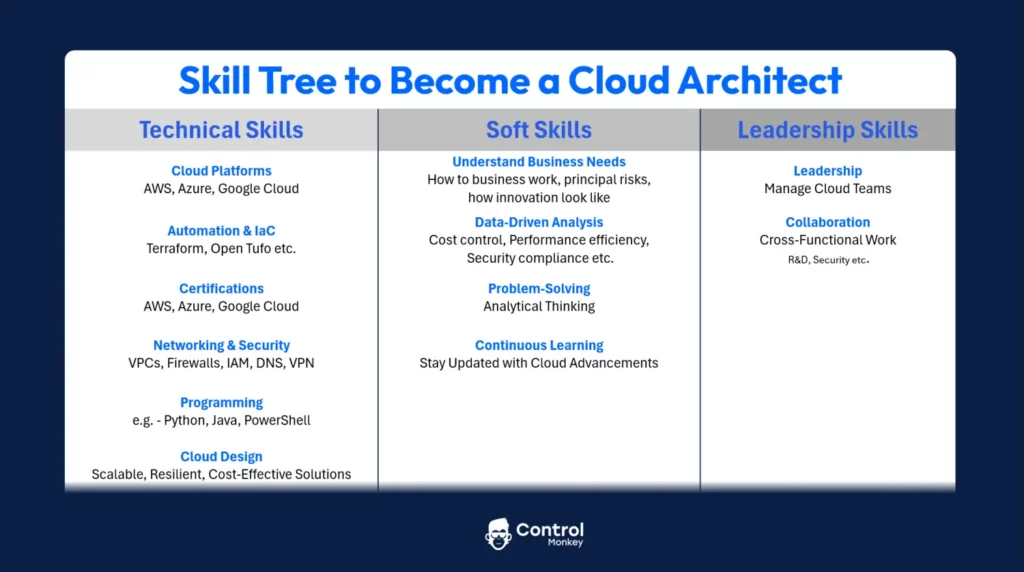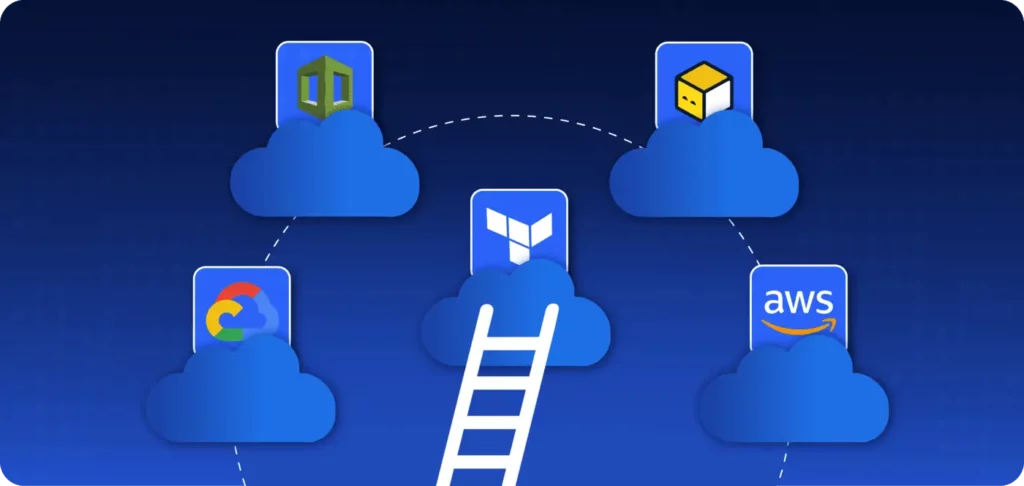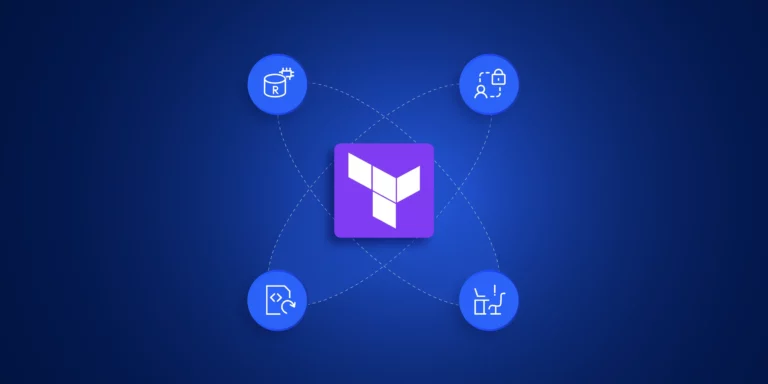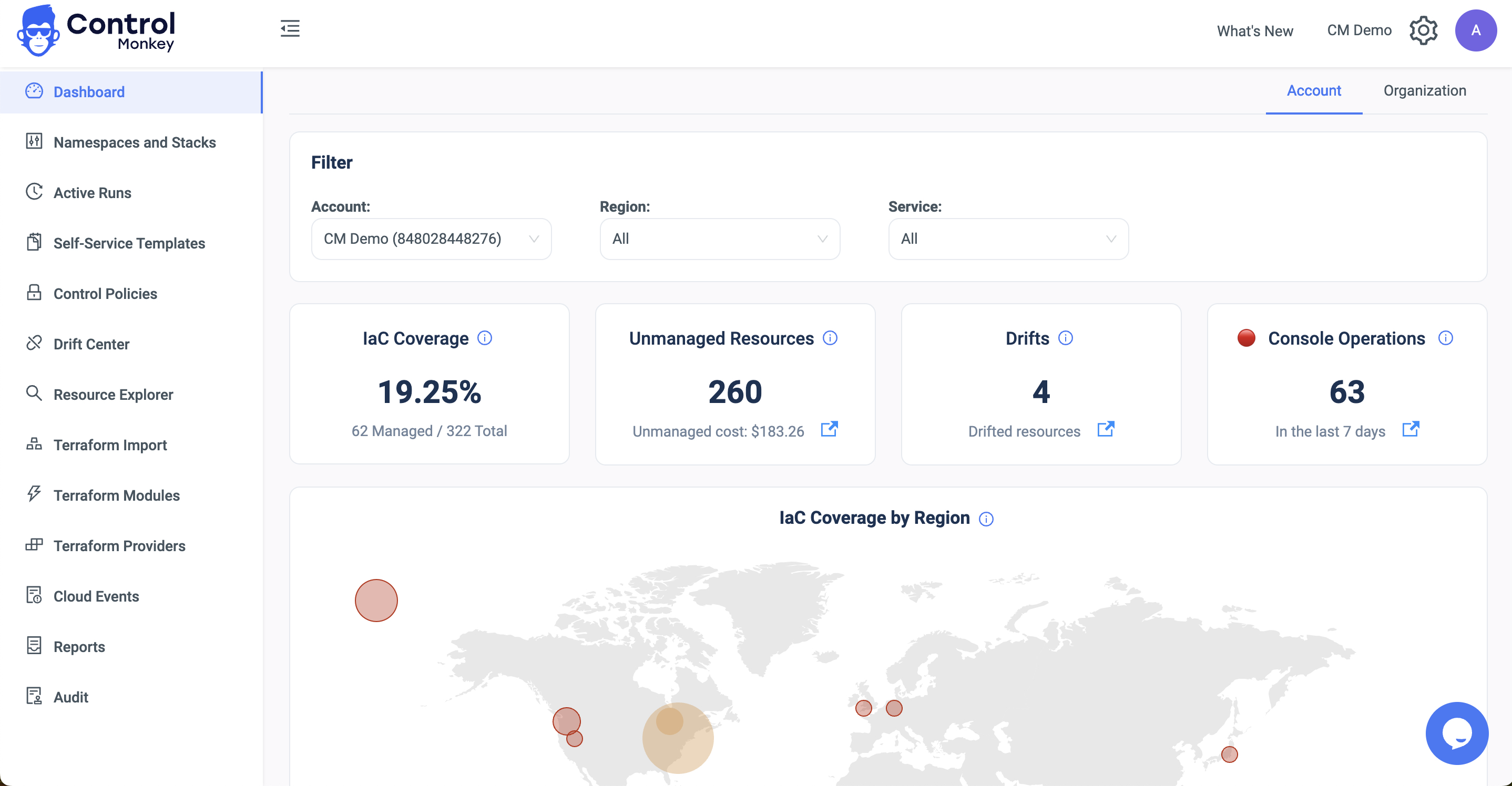Growth and Opportunities in Senior Cloud Careers
If you’re a DevOps professional looking to pursue a fulfilling career, becoming a cloud architect is a great ambition. Skilled cloud professionals are in high demand as businesses spend record sums on the cloud and need cloud architects to deliver a return on their investment. Cloud architect regularly top the list of highest-paying and most-wanted skills, so if you want to supercharge your career and earning potential, read on!
The role of cloud architect is highly skilled and plays an important part in business strategy and cloud governance. Cloud architects are responsible for directing the organization’s cloud journey by:
- Leading the effective design and delivery of the company’s cloud infrastructure
- Implementing and maintaining robust cloud governance and compliance with regulatory standards
- Anticipating future needs for scalability, security, and resilience
Good cloud architecture unlocks the true value of cloud computing, meaning cloud architects are important leaders who must have a range of skills to succeed. This blog charts a career path to becoming a cloud architect, detailing the technical, business, and leadership skills you need to develop.
Career Paths for Cloud Architects
Cloud architects can follow a variety of different pathways into the role. They often start in IT, progressing from entry-level to mid-level, before specializing in cloud support, becoming a cloud engineer before reaching the goal of cloud architecture.
- Cloud support: In this role, you will maintain cloud-based technologies and services, trouble-shooting where needed with a focus on security, reliability, and performance. You’ll become an expert in application support, incident investigation, resolving user issues, and performance monitoring.
- Cloud engineer: As a cloud engineer, you’ll move from providing purely tactical support into more strategic projects. You’ll get involved in designing and planning cloud solutions that meet the needs of business stakeholders. Implementation and deployment will be core duties, as well as trouble-shooting as issues arise. You will be aware of cloud environment KPIs and cloud governance policies designed to achieve them. You’ll focus on optimizing cloud infrastructure and minimizing risks and costs.
As you become more experienced in this role, you can start to assess your capabilities against the requirements for the next step on the career ladder: Cloud Architect. We’ve outlined the skills you need below.

Technical Skills for Cloud Architects
If you are already in a mid-level DevOps role, you are in a strong position to transition towards a cloud architect position. Here are key technical areas to focus on to make the transition:
1. Build on Your Existing Cloud Skills
- DevOps skills are highly transferable to cloud architect roles. Make sure you continue investing in DevOps training
- As a DevOps professional, you already have a strong foundation in areas like automation, CI/CD, IaC. These are highly relevant to cloud architecture. Gain proficiency in at least one major cloud platform such as AWS, Azure, or Google Cloud.
2. Get Certified as a Cloud Architect
Undertaking cloud architecture qualifications alongside your day-to-day role helps you make connections between what you’re doing now, and where you want to be. The following certifications offer a rigorous assessment of your skills:
- AWS Certified Solutions Architect – Associate
- Microsoft Certified: Azure Solutions Architect Expert
- Google Cloud Professional Cloud Architect
3. Deepen Your Knowledge in Key Areas
Cloud architects must have a broad knowledge base across the following areas:
- Networking and Security: Understand VPCs, subnets, firewalls, and security best practices. Be confident in concepts like DNS and TCP/IP alongside Identity and Access Management, VPN and in-plane switching (IPS) systems.
- Programming and Scripting: Proficiency in languages like Python, Java, or PowerShell.
- Enterprise computing: Understand the vagaries of different operating systems.
- Cloud Design Patterns: Learn how to design scalable, resilient, and cost-effective cloud solutions using cloud design patterns.
Learning by doing is often the most effective tactic, so as you develop your skills aim to work on cloud projects as much as possible, either through your current role or by contributing to open-source projects.
Business Skills for Cloud Architects
Commercial acumen is essential for cloud architects because your work directly impacts company costs, operational capability, and revenue-earning potential. Cloud architects must therefore:
1. Understand the business
- Learn how the company makes money, what its strategic objectives are, and how the right cloud architecture contributes to this.
- Understand how cloud architecture goals align with business goals in terms of innovation, delivering migration projects and future-proofing the cloud environment, as well as cost control, security resilience and cloud governance.
- Learn the principal risks associated with the business and where these intersect with cloud security, resilience and capacity.
2. Learn to speak in metrics that executives care about
- Executives care about revenue, customer satisfaction, and cost. Learn how to translate cloud architecture work into these outcomes by making a direct link from those business drivers to resilience, availability, and scalability.
3. Develop data-driven analysis reporting skills
- Understand how to collect and analyze performance data and translate it into a narrative that makes sense to business leaders.
- Report regularly on KPIs selected for their relevance to business objectives.
- Regularly reassess and review KPIs to make sure they are still tracking the right issues.
Soft Skills for Cloud Architects
While technical and business skills are important for cloud architects, it is soft skills that ensure the job gets done effectively and performance is maintained over the long term. Key soft skills you’ll need in your cloud architect role are:
-
Leadership
You’ll be managing a team of cloud engineers and supporting roles, so you need to be able to create a vision and inspire others to follow it. You need to understand and empathize with challenges and solve problems to support your team, as well as show strong project management and delegation skills to maximize team performance.
-
Collaboration and Communication
You’ll need to work with various stakeholders across the business from a variety of technical and non-technical backgrounds including product, R&D, security, commercial and legal stakeholders. This will require a variety of different communication styles and understanding of what matters to each stakeholder. You’ll need to be able to resolve tension and agree consensus between groups with sometimes competing objectives.
-
Analytics and Problem-solving
You should be able to analyze strategic and tactical requirements and translate them into a practical cloud architecture approach. A creative mindset is important to solving problems and integrating new technologies and approaches.
-
Enthusiasm for Continuous Learning
Cloud technology is constantly evolving and there is always something new to learn to make sure you’re doing the best job you can. Follow industry news, join professional cloud communities such as the Google Cloud Community, AWS community, and the Cloud Native Computing Foundation, and participate in webinars and conferences to stay current. Connect with professionals in the field through LinkedIn, industry events, and local meetups.
📙 Looking for the best DevOps books and cloud governance webinars for your next leadership step? This curated list is for you.
What Challenges Will You Face as A Cloud Architect?
Any job worth doing will have its challenges. Areas where cloud architects can expect to meet them include:
Cloud governance, regulation and cost optimization
The cloud environment must be well-governed and compliant with regulations, while also meeting cost optimization targets. These objectives can sometimes compete with each other and finding a route through is a key cloud architect skill. You also require legal, financial and automation expertise.
Essential KPIs for Cloud Architects
- Cloud migration goals: Are planned migrations completed successfully and on time?
- Cloud governance: Is the environment well-documented, controlled and managed? Are incidents identified, resolved and reported rapidly and in line with regulatory requirements?
- Cost control: Are resource efficiencies achieved to minimize spend without compromising performance?
- Cloud Innovation: Is there a defined roadmap for new technology rollout and adoption and is the business following it?
- Performance efficiency: Is the cloud meeting targets for application load and server response times?
- Security compliance: Is the cloud compliant with key security standards and passing audits successfully?
If solving these challenges sparks your enthusiasm, a career as a cloud architect is for you!
Support your Career Progression with ControlMonkey
If you’re inspired to follow the cloud architect career path, you’ll want to bring some smart tools and partners with you on the journey. ControlMonkey supports aspiring cloud architects with tools that help automate and enforce cloud governance, provide visibility over security and compliance risks associated with cloud misconfigurations and drift, identify costly underused or redundant resources, and ensure the cloud environment is operating at maximum efficiency and optimum performance.
Want a partner to help you build your cloud architect career? Book a ControlMonkey demo today.
Want to learn how to become DevOpד Director? this blog is for you











